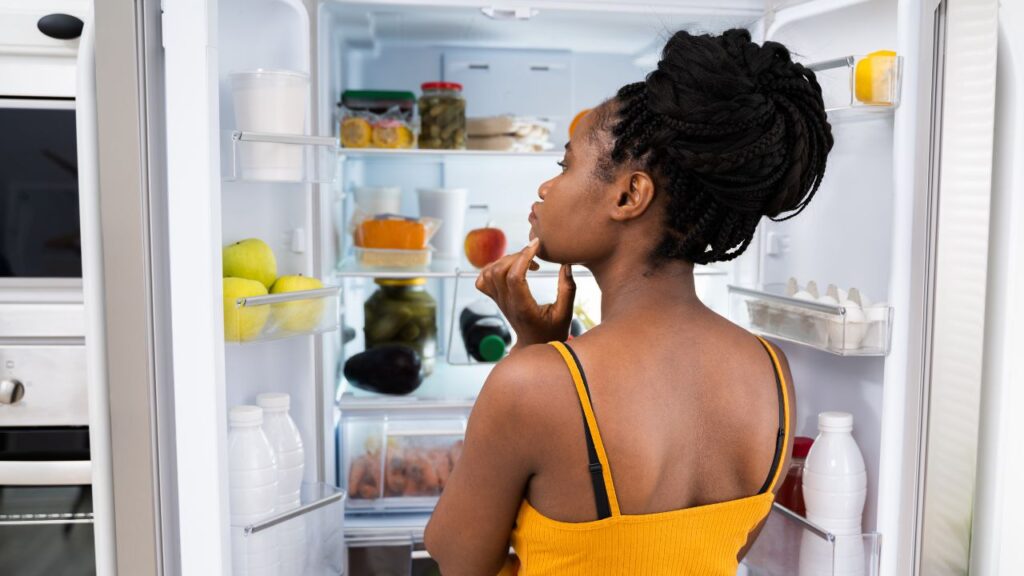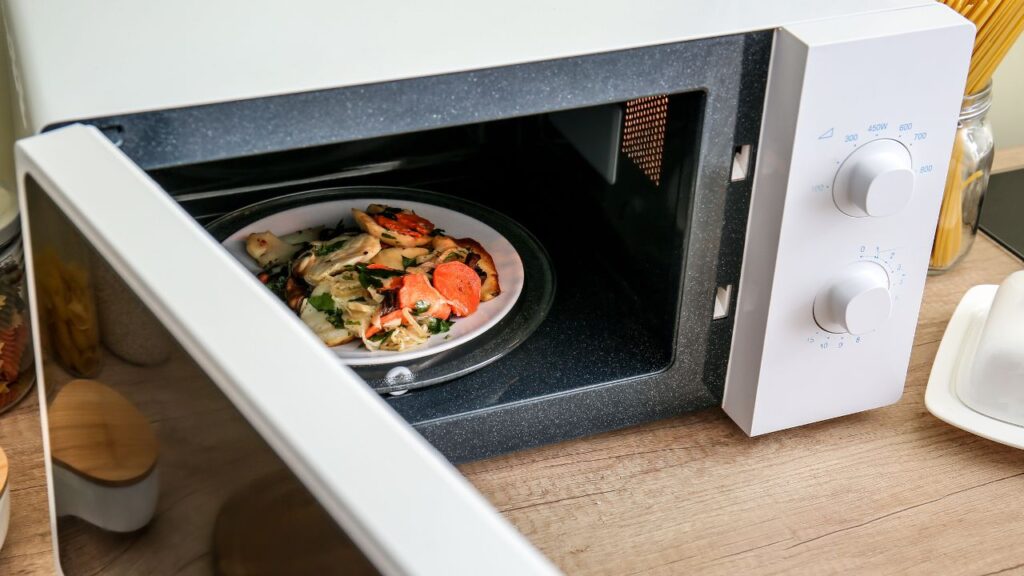
Last week, something scary happened in my home. My daughter had been looking forward to her usual afternoon snack—yoghurt, one of her favourites. My nanny, trying to be helpful, handed her a pack from the fridge. It looked fine, was cold, and had a sealed lid. All seemed well… until it wasn’t.
That night, my little girl vomited non-stop. We barely slept. I kept wondering: What did she eat? What did we miss?
Then it hit me—the yoghurt. I checked the label, and my heart sank. It had been opened over a week ago and clearly stated: “Consume within 3 days of opening.” It was well beyond that window.
My nanny was shocked. “But it was in the fridge!” she said. Like many people, she assumed that as long as food is refrigerated, it’s automatically safe. But that’s not always true.
The Dangerous Assumptions We Make in the Kitchen
We often think of food poisoning as something dramatic—like in Hollywood movies where someone sprinkles poison into a drink. But in real life, food poisoning is far more common, and usually the result of negligence, not malice.
A friend once shared how her aunt spent months in the hospital battling a mysterious illness. It was only after extensive testing that the doctors traced it back to moimoi (bean pudding) she had eaten. The moimoi had been stored in the fridge for days and wasn’t reheated properly. That’s all it took.
Here’s the truth:
Your kitchen can be a place of nourishment—or danger—depending on how you handle food.
Let’s break down a few silent killers in the kitchen:
1. Expired or “Once Opened” Items
That pack of juice, that mayonnaise jar, that yoghurt—all have shelf lives after opening. It’s not enough that they’re in the fridge. Always read the label. Some say, “Consume within 3 days of opening,” others say 7. Write the date opened directly on the pack with a marker so you don’t forget.
2. Improper Reheating
Not everything should be microwaved for 30 seconds and called done. Foods like rice, moimoi, beans, and soups can harbor dangerous bacteria if not heated thoroughly. Make sure food is steaming hot, not just warm on top. And avoid reheating more than once.

3. Cross Contamination
In many African kitchens, one chopping board does the job for everything—meat, fish, vegetables, and fruits. That’s risky. Bacteria from raw meat can transfer to fresh foods. Use separate cutting boards or wash thoroughly with hot water and soap after each use.
4. “If it smells fine, it’s fine” Myth
Nope. Not all spoiled foods have a smell. Some bacteria that cause foodborne illness don’t affect taste or smell. So don’t rely on your nose—read the label and check the dates.
5. Storing Food Too Long
That pot of stew or jollof rice left on the stove overnight? Unsafe. Heat doesn’t always kill all bacteria, especially if left uncovered. Cool food before refrigerating, and avoid the common habit of leaving soups or beans “till morning.”
6. Washing Raw Chicken or Meat in the Sink
This might be surprising, but rinsing raw meat in the sink can splash harmful bacteria around your kitchen. It’s safer to pat it dry or clean with vinegar/lime if you must, and sanitize surfaces immediately.
7. Feeding Kids Leftover Lunch Without Checking
Kids often leave lunchboxes half-eaten. Re-serving that same food later can be risky if it wasn’t stored properly. Discard leftovers if you’re unsure. Better safe than sorry.
8. Letting the Generator Power Go Out Without Checking the Fridge
In Nigeria, we know NEPA isn’t always reliable. If the power was off for several hours, your fridge might not have kept food cold enough. Don’t just open and eat—check carefully. If the food feels warm to the touch, it might be unsafe.
9. Not Teaching Household Help About Food Safety
Your nanny, cook, or house help may mean well but lack training. Make it a habit to teach them:
- What labels mean
- How long to keep cooked foods
- Proper reheating techniques
- Which foods spoil quickly (e.g., cooked rice, pasta, milk)
10. Reusing Old Plastic Containers Without Proper Cleaning
Those takeaway bowls from Chinese food or party packs? If reused without thorough washing, they can harbor bacteria. Especially when scratched, they’re harder to clean. Invest in proper, food-safe storage containers.
Bonus: Common High-Risk Foods in African Homes
Be extra cautious with:
- MoiMoi, Akara, and Ofada sauce – spoil quickly if not refrigerated.
- Pap (Ogi) – ferments easily.
- Efo riro or Egusi – can go bad in less than 24 hours if not cooled quickly.
- Suya or grilled meats – should be eaten immediately or refrigerated and reheated fully.
- Party food (Jollof rice, salads) – may have sat out for hours before arriving at your home.
Food should nourish, not harm. A simple mistake, like expired yoghurt or improperly reheated moimoi, can have serious consequences. Let’s do better. Take the time to read labels, educate your household, and handle food with care.
Because sometimes, the most dangerous thing in your home isn’t what you expect—it’s sitting quietly in your fridge.